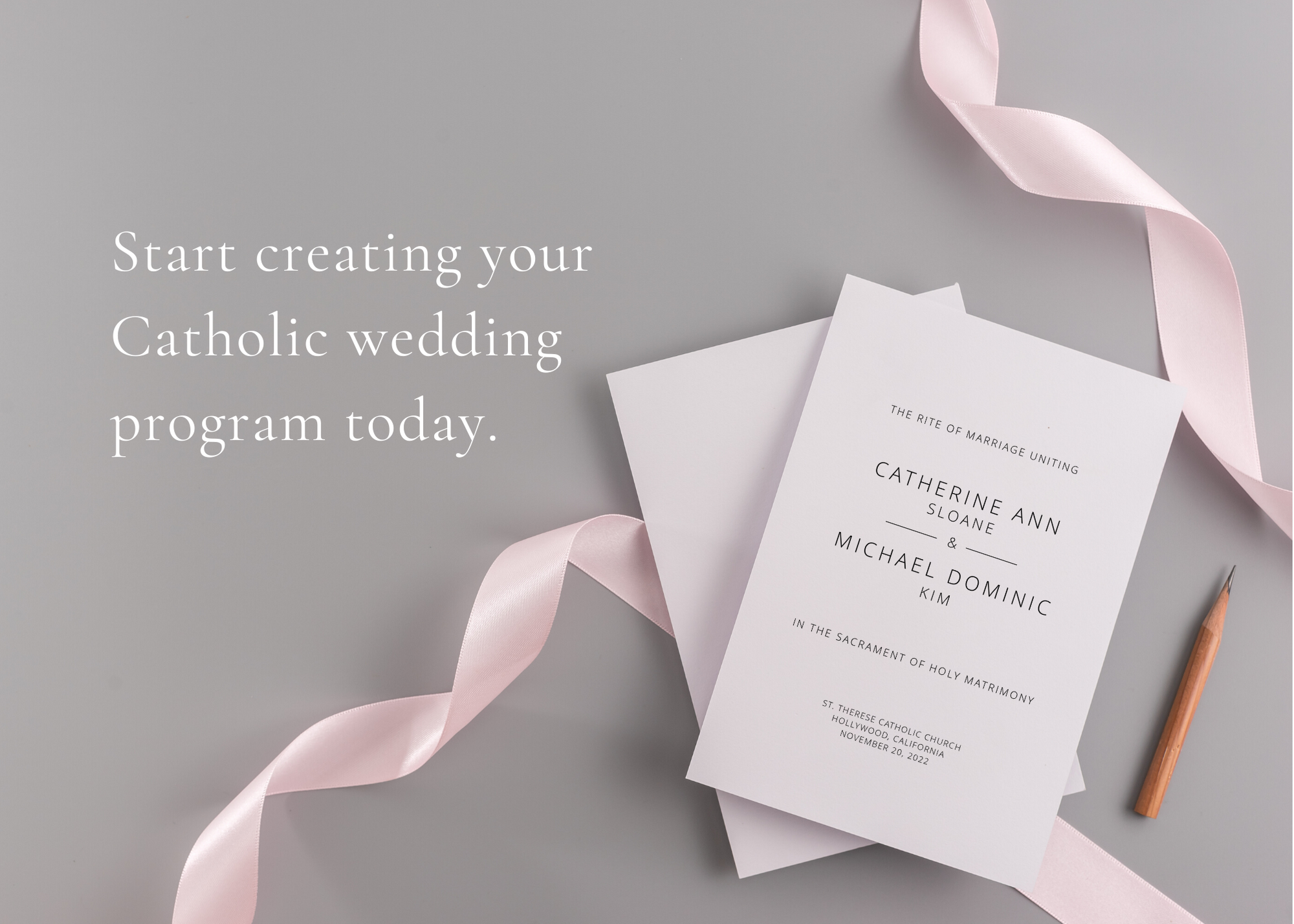When Your Reception is "Just" In the Church Hall
/In a culture awash with Pinterest-perfect images, it’s easy to feel inadequate about having a relatively simpler wedding. In a word, don’t.
Reception venues, in particular, can help convey the desired theme for your day, from a rustic-chic barn to an elegant ballroom. But what if these locations just aren’t in the cards for you?
Couples on a budget frequently turn to parish halls and event spaces for their receptions, and truly, they are as worthy a dwelling for your joy as anywhere. Even without certain amenities, your church hall reception will be beautiful, because at its heart it will reflect the love between you, your new husband, and your shared love for Christ. Consider these ways to embrace your reception situation.
No need to apologize.
Knowing you and your guests might have attended more elaborate wedding venues in the past, you might be tempted to apologize for “just” having a church hall reception. But there’s no need.
As much as guests might appreciate certain glamorous elements, it’s not the glamour they’re attending your wedding for. It’s you. And being there for you on your big day involves enjoying any and all offerings, from food to favors to music, with gratitude. You, your beloved, and your parents are the hosts of your day, and it’s gracious for hosts to embody poise and self-assurance, rather than self-consciousness, in their choices. Your guests will follow your lead and, in all likelihood, will be so happy to share in your day that anything besides your union with your new spouse will be secondary.
In the mid-twentieth century, many city parishes held weekly dances for young adults, as well as meals and shelter for those going without. The hall was a central part of parish life; in holding your reception in one, know that you’re taking part in a long tradition of Catholic culture. Additionally, there are the benefits of little to no travel time between your Mass and reception, allowing for more time for photos and with guests, and of knowing you’re making a financial contribution to the Church.
Cultivate creativity and confidence.
If your hall is simply arranged, consider it a blank slate and, if it's a priority for you, find ways to maximize the setting. Adding in ambient lighting to offset overhead bulbs, renting pretty chair and table covers, and using blank wall areas for décor can all help enhance your space.
What’s more, trust in your wedding vendors to help you maximize your resources. Coordinators, for instance, are familiar with working in a variety of settings. Photographers have trained themselves in using natural and artificial light to its best advantage and to prioritizing tighter, close-up shots when a location calls for it, all to produce beautiful images that capture the spirit of your day.
Remember it’s the experience that will linger.
Wedding photographers frequently say that no matter how well-dressed their clients are for a session, or no matter how beautiful the shooting location, if the clients feel stressed or awkward they won’t look at their final images with fondness. In other words, people generally remember how they felt more than what their surroundings were like. So strive to create a reception atmosphere that’s relaxed and festive, filled with affirmation, warm greetings, and dancing. When you and your guests look back at your wedding images, you’ll remember that palpable sense of joy more vividly than any other aspect.
The weddings we’re honored to share with you in this ministry range from elaborate to simple, with a variety of aesthetics unique to each of our brides and their beloveds. We love getting a glimpse of your hearts and hearing your stories, knowing you share with us a love for the good, true, and beautiful. And we know that you know it’s not about the material trappings of weddings: what shines forth most brightly, what makes a “Spoken Bride wedding,” and what we are here to share above all, is that a love rooted in Christ is the ultimate source of immense beauty in and of itself.

























